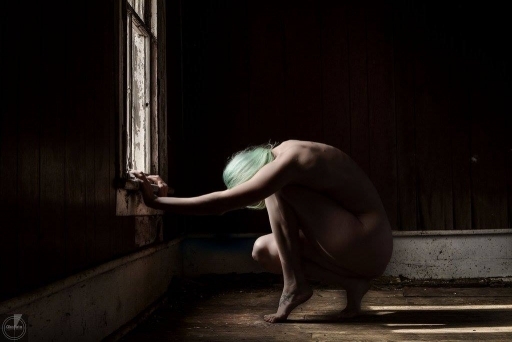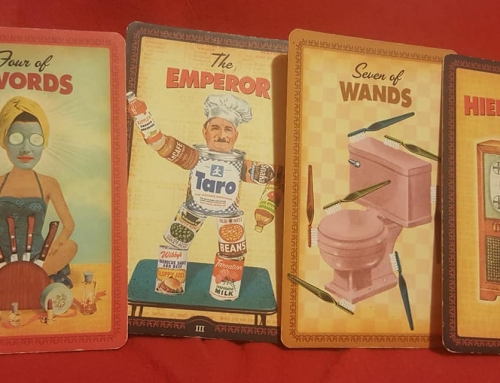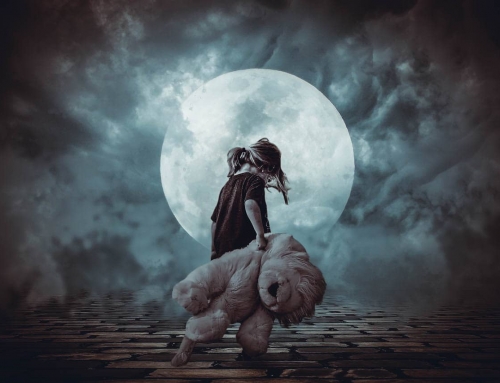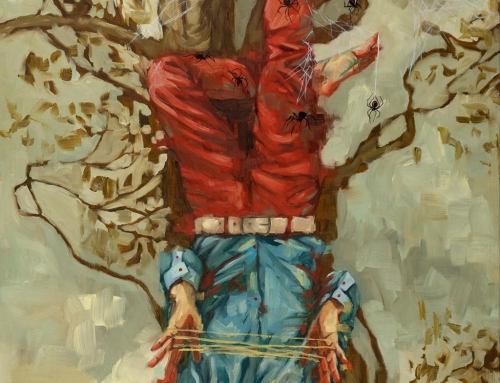Dear Readers,
This is a love letter, to all of you. A love letter because all of us have lost something, or someone at some point. We have all experienced a change that leaves us mourning the past and wishing for what could have been. Sometime, somewhere, the average person has experienced some version of this thing we call grief. The broken heart, and the tears that will not stop. The anxiety, the guilt, the regret over things said and unsaid, done and undone. Grief is weird and complex, and I am here to share my experiences with you. I hope the lessons I learned will help someone, somewhere out there.

“Stolen Crown” by David Tracy (@oko_photo). Model, Satya Jvala (@satya_performing_arts). Grief is an internal experience.
Lesson 1- Grief is a personal experience
No two people will grieve the same way, nor should they be expected to. When my little sister died instantly in an auto accident at the age of 23 there were plenty of people willing to dictate how my family should navigate their feelings. There were those who said she is in a better place, asked me if she was a Christian, or offered some spiritual platitude that was unwanted and unneeded. There were few willing to simply hold space. Your feelings are your feelings. It is okay to own them. Give yourself to permission to have your process. Sometimes the best way out of a feeling really is through.
Lesson 2- There is no timeline to grief
I want to get the Kübler-Ross model, also known as the Five Stages of Grief, out of the way. It is a therapeutic model intended for terminally ill patients asserting that the stages are denial, anger, bargaining, depression, and acceptance, in that order. In a culture that expects us to pocket our emotional experiences, my experience is that none of this is reasonable, or even healthy. The idea is will intended, however falls short when anniversaries, pictures, inherited objects, and even music can be likely to remind us of what or who is lost. It can happen at any time, in any place. A death anniversary can go by with ease one year and can be heart wrenching the next. There truly is no rhyme or reason to our experiences. There is no scheduled time for any of us to “get over it”, and we may never will. Some losses we carry our entire lives.
Lesson 3- Grief is complex
My mom died in September of last year. She passed quickly from metastasized lung cancer, saving her from a great deal of pain and suffering. When expressing my sadness about my loss, a friend said, “What are you doing for joy?” I quickly expressed that I have plenty of joy in my world, but it does not negate the loss that I was feeling. I miss my mother. Twenty years later I miss my sister. I have run the gambit of survivor’s guilt, and all the regrets of things undone and unexpressed. It does not prohibit me from living a life full of joy, love, and fulfillment. Some of the joy comes from the good memories experienced with those lost. I cannot emphasize enough, the emotional complexity of grief. I feel strongly that grief is a series of emotional reactions and responses to a loss that are not mutually exclusive. It is possible to feel several things in a single moment.
Lesson 4- You will find out who your true friends are
I will keep this one short. Not everyone can handle another’s grief experience and seem to disappear. Some will attempt to co-opt another’s grief experience and feed on the situation. The ones who continue to show up in support for the long haul, without judging your experience, are the truest of friends. Cherish them.
Lesson 5- Grief is not relegated to loss of life
Of course, the loss of a loved one, whether human or animal, typically takes precedence over other losses, but there is so much more that we hold dear. The ending of a job, watching the collapse of a business or creative venture, the ending of a relationships, the list goes on. All these things are little deaths. In some cases, they are extensions or expressions of ourselves. Even unfulfilled expectations, a yearning for what could have been, can evoke grief especially when we hold tightly to certain hopes and dreams. This, too, is valid. It is an opportunity to explore what we value and cherish.
Lesson 6- Grief is often a collective experience
In this time of Covid 19 and unrest, some of the grief we are seeing, and feeling is shared. Grief over oppression, being silenced, being dismissed, and personal loss. Grief over social inequity, environmental destruction, and economic abuse. Grief over centuries of abuse and injustice committed against black and indigenous peoples. Grief over persecution and othering of alternative religions and LGBTQIA, and let us not forget the stigmatizing of disabilities, and mental/emotional disorder. Everyone is feeling something right now about our current reality, and it is uncomfortable.
Lesson 7- Grief is powerful
For years I felt like grief was this useless, disabling thing in my world. At some point I had to acknowledge that it was an enormous catalyst. I took chances that I might not otherwise take. It was a reminder that time and life is precious and that I need to live to the fullest. We can utilize these feelings for change individually and collectively. It can encourage us to live for those who can no longer be with us and those left behind. It can teach us empathy and compassion so we can aid each other in personal and social struggle. Humans are social animals who need each other, despite current divisions. Our fight for change need not be alone.
Parting thoughts
Grief is a sign of our capacity to feel. It reminds us that we are all connected in some way, no matter how small. It can show us where the deepest healing is needed, teaching us to be gentle with ourselves and each other. Grief is a sign of how deeply we can love.
Holding you all in my heart,
Heather






